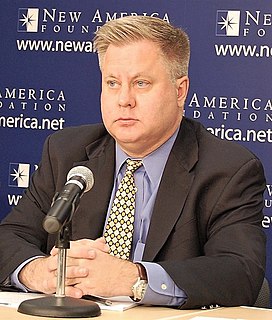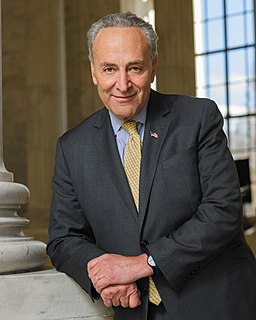A Quote by Emily Thornberry
Why the Tories are happy to subsidise home ownership for middle class graduates and affluent social tenants, but not for widows on low incomes, is simply beyond me.
Related Quotes
Current lifestyles and consumption patterns of the affluent middle class…involving high meat intake, consumption of large amounts of frozen and convenience foods, ownership of motor vehicles, golf courses, small electric appliances, home and work place air-conditioning, and suburban housing are not sustainable...
By default, we have created a "system" of nursing-home care for the aged in which middle-class people pay exorbitant rates to for-profit nursing-home entrepreneurs - and then when private resources are consumed and the patient qualifies as a pauper, the nursing home begins billing Medicaid. This is precisely the antithesis of social citizenship; instead of the poor being accorded the dignity associated with the middle class, equality of treatment is achieved by making the middle class undergo pauperization.
I'm someone who thinks that the world would be a better place if there was a big middle class. I mean, middle class is peace. In a perfect world, everybody would have enough to eat and we'd be living in security. It's obvious. I'm very happy to pay my taxes and all that. I would say I'm more of a Social Democrat.

































